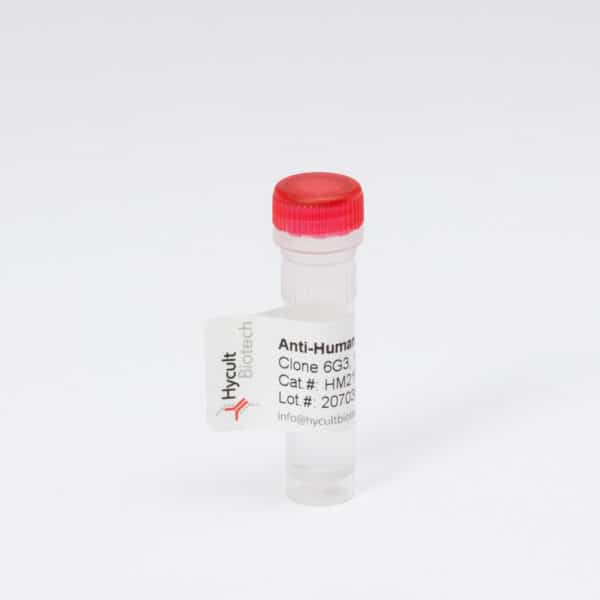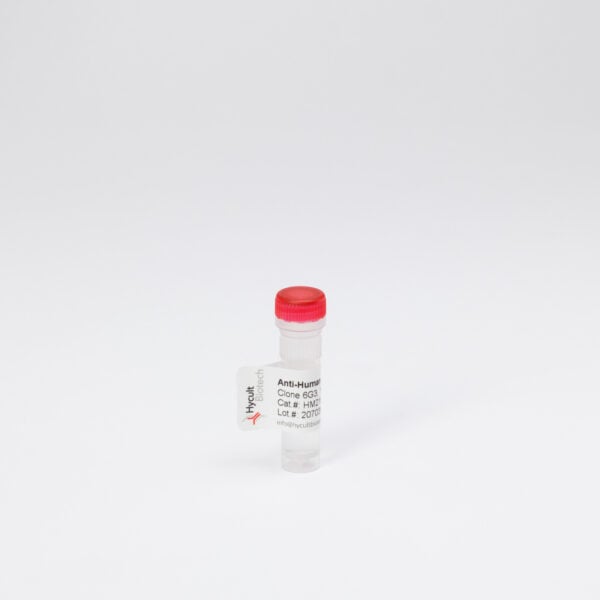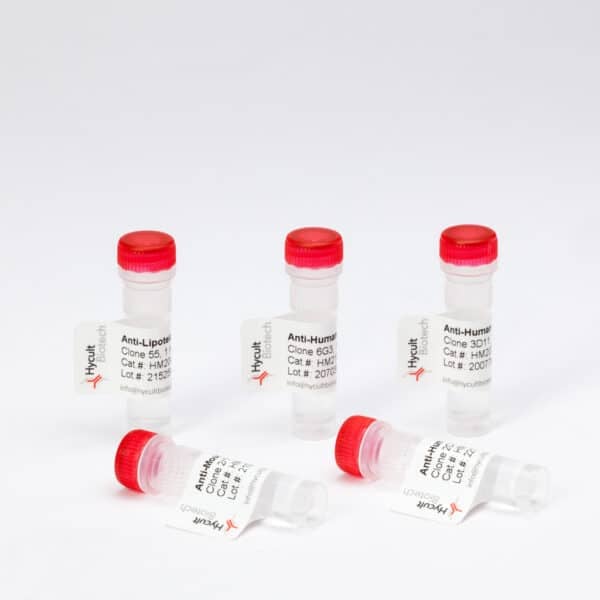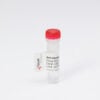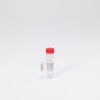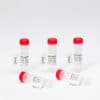Alpha-Dystroglycan, Bovine, mAb 2238
€133.00 – €565.00
Monoclonal antibody 2238 recognizes a glycoepitope unique to brain alpha-dystroglycan. Alpha-dystroglycan (alpha-DG), also known as dystrophin-associated glycoprotein, is a laminin-binding protein of ~156 kDa (including glyco-groups). Alpha-DG is a component of the dystroglycan complex, which is involved in early development, morphogenesis and in the pathogenesis of muscular dystrophies. Alpha- and beta-DG are encoded by a single gene and are derived from a precursor polypeptide by posttranslational cleavage. Beta-DG is an integral membrane protein, whereas alpha-DG is membrane-associated through its noncovalent interaction with the extracellular domain of beta-DG. The alpha- and beta-DGs provide important physical linkages between components of basement membranes and cytoplasmic proteins that bind to the actin cytoskeleton. Alpha-DG is a heavily glycosylated, mucin-like protein anchored on the extracellular surface of the myotube, where it may provide linkage between the sarcolemma and extracellular matrix (ECM). Alpha-DG is expressed in a variety of fetal and adult tissues. Tissue-specific glycosylation modifies the laminin specificity of alpha-DG. The muscle and nonmuscle isoforms of dystroglycan differ by carbohydrate moieties but not protein sequence. Alpha-DG has been shown to colocalize with laminin in skeletal and cardiac muscle and a number of other cells including peripheral nerve, astrocytes, Purkinje neurons and kidney epithelium. Laminin-10/11 was shown to bind preferentially to brain alpha-DG. In Duchenne muscular dystrophy, the expression of alpha-DG is dramatically reduced leading to a loss of linkage between the sarcolemma and extracellular matrix, rendering muscle fibers more susceptible to necrosis. In the central nervous system, dystroglycan functions as a dual receptor for agrin and laminin-2 for instance in the Schwann cell membrane. Furthermore, defects in dystroglycan are central to the pathogenesis of structural and functional brain abnormalities seen in congenital muscular dystrophies (CMD). The monoclonal antibody 2238 is specific for a glycoepitope on brain bovine alpha-dystroglycan, which is absent on alpha-dystroglycan expressed in all other tissues.
